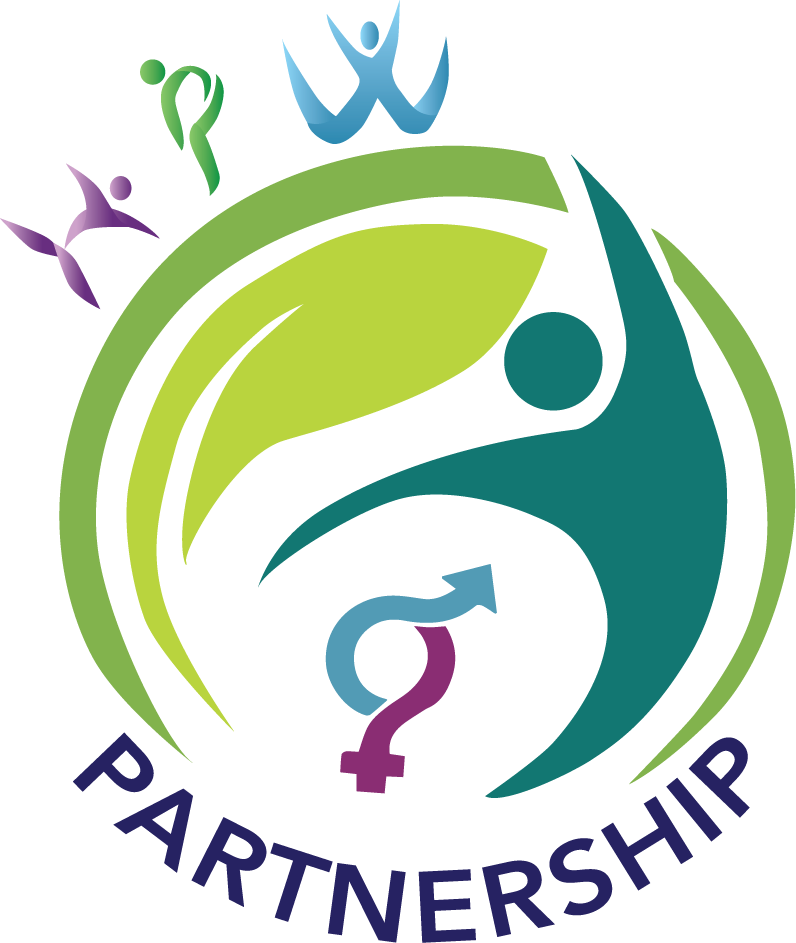Midwifery During the Time of COVID-19
Had much of the world not been in a public health state of emergency due to the COVID-19 pandemic, thousands of midwives from all over the world would have been found in early June 2020 at the International Confederation of Midwives (ICM) Triennial Congress in Bali, Indonesia. This year has been declared the International Year of the Nurse and the Midwife by the World Health Organization (WHO).
Midwives are on the front lines of healthcare systems, providing primary care to healthy clients throughout pregnancy, birth, and in the postpartum period.
The recognition of the midwifery profession is timely. Prior to the COVID-19 crisis, several studies showed high burnout and attrition rates among midwives and midwifery students (Stoll & Gallagher, 2019). With the global pandemic in full swing, these challenges to the health and sustainability of the midwifery workforce have been exacerbated.
The work of midwifery, within current models of care in most regions of Canada, is not easy as many midwives work long, unpredictable hours on-call. Studies have shown that the context of midwifery work, such as interprofessional and organizational tensions and inequities, further contributes to stress and personal strain within this profession.
Midwives have not always received due recognition of their work. Prior to the COVID-19 crisis, midwives in some jurisdictions were working toward the regulation of the profession, while midwives in provinces where midwifery is more established have been seeking pay equity and better working conditions.
Within the context of COVID-19, midwives are additionally navigating and adapting to the nuances of safety within their work settings, which include working in clinics, hospitals, and within clients’ homes. Procedures to prioritize the safety of clients, staff and midwives have been introduced within midwifery clinics, such as including limiting visitors and revisioning waiting room spaces by reducing the number of in-person visits and offering some visits online.
But how issues of safety have been dealt with varies across the country. While in some regions midwives have witnessed an increased demand for out-of-hospital births by clients seeking to avoid risks of exposure within hospitals, in other jurisdictions, home birth was temporarily banned due to the potential health risks for clients and midwives. Midwives have also faced difficulties accessing and acquiring critical personal protective equipment (PPE) necessary for the protection of themselves as well as their clients, particularly in cases where social distancing is not possible, such as during birth.
Despite the challenges of providing frontline care during a pandemic, midwives have been creatively responding to community needs. In some communities in Ontario, in addition to providing care for their clients, midwives have stepped up to meet the postpartum needs of non-midwifery patients discharged from the hospital by other providers. In British Columbia, student midwives have been mobilizing to help midwives source PPE, so that they can continue to provide home births and essential prenatal and postpartum visits.
While the COVID crisis has highlighted the ability of midwives to be collaborative, responsive, and trusted members of the healthcare community, it has also highlighted the challenges of integration and recognition facing midwives, as some governments have failed to see and support midwives as essential workers.
Moving forward, we need to be asking what can be done to sustain the midwifery workforce. More research is needed to understand and address the mental health and well-being of midwives, by simultaneously increasing our awareness of the complex relationships between individuals, their work, and their work context. This is one of the foci of our Healthy Professional Worker (HPW) Partnership.
Angela Freeman, RM, MSc is a practicing midwife in Owen Sound, ON and surrounding rural communities. A recent graduate from School of Public Health and Health Systems at the University of Waterloo (MSc ’20), her research interests include models of care for early pregnancy loss, and the integration and sustainability of the midwifery profession within broader health systems. Angela is also a former research trainee on the HPW midwifery case study.
Related Articles
A survey of burnout and intentions to leave the profession among Western Canadian midwives
Midwives inundated with home birth requests amid COVID-19 pandemic
Making a difference: Midwifery student connects midwives with personal protective equipment
Coronavirus: Ontario midwives wonder why they're not considered front-line workers
